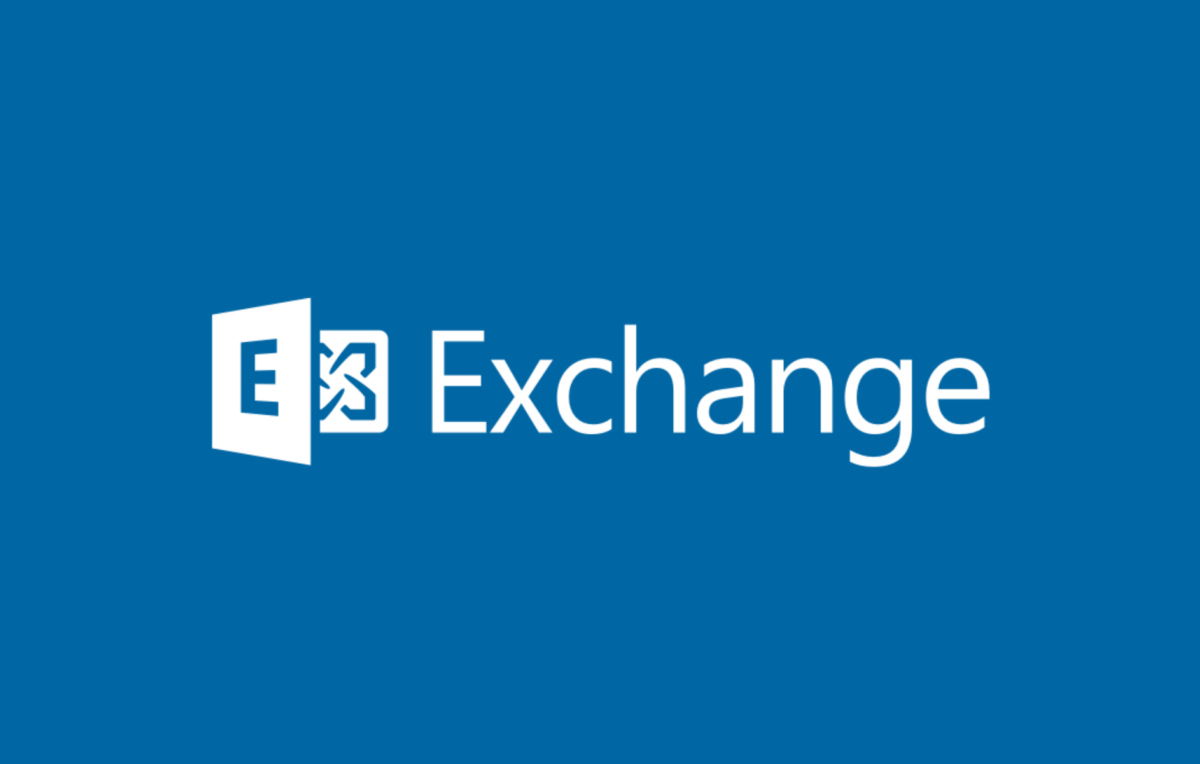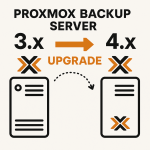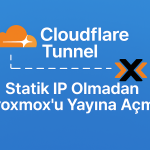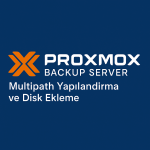Now Reading: Windows Security Event IDs and Descriptions
-
01
Windows Security Event IDs and Descriptions
Windows Security Event IDs and Descriptions

The Windows operating system generates various event IDs to monitor security events and user activities. These Event IDs allow you to track important events on the system and identify potential security threats. Here’s an article for your website detailing these crucial Security Event IDs:
Event IDs Related to Login and Accounts
- 4624: An account was successfully logged on This Event ID indicates that a user successfully logged on. It is essential for monitoring authorized user sessions on the system.
- 4625: An account failed to log on Indicates a failed logon attempt. This event occurs during scenarios such as incorrect password entry or unauthorized access attempts.
- 4720: A user account was created Shows that a new user account has been created on the system. You can monitor this ID to detect unauthorized account creation attempts.
- 4740: A user account was locked out Shows instances where a user account has been locked. This ID is triggered when accounts are locked due to incorrect password attempts, helping you control lockout policies.
Event IDs Related to Groups and Security
- 4732: A member was added to a security-enabled local group Indicates that a member was added to a security-enabled local group. Such changes are critical, especially for administrator groups, and should be monitored.
- 4756: A member was added to a security-enabled universal group Indicates that a member was added to a security-enabled universal group. Monitoring these events ensures that system authorizations are correct and free from unauthorized access.
Event IDs Related to Firewall and Networking
- 4946: A change has been made to the Windows Firewall exception list. A rule was added Indicates that a new exception rule was added to Windows Firewall. Monitoring changes in security settings is essential.
- 5025: The Windows Firewall Service has been stopped Indicates that the Windows Firewall Service was stopped. An unexpected stoppage of the firewall service could signify a potential threat.
Event IDs Related to Auditing and Logging
- 1102: The audit log was cleared Indicates that the audit log was cleared. This event is critical because attackers may clear audit logs to cover their tracks.
- 4616: System time was changed Indicates a change in the system time. Time changes can disrupt authentication processes and make log correlation more challenging.
Miscellaneous and System-Related Event IDs
- 4647: A user initiated a logoff Indicates that a user has logged off. Monitoring logoffs helps detect unauthorized usage and suspicious activities.
- 4776: NTLM authentication failed Indicates a failed NTLM authentication. Monitoring this ID helps detect potential password-guessing attacks.
Why Monitor Windows Security Event IDs? These Event IDs help you understand critical events happening on your system and detect potential threats. Regularly monitoring these logs increases system security and prevents possible vulnerabilities.
By closely monitoring these crucial Security Event IDs on Windows systems, you can proactively protect the security of both your business and your system.
















